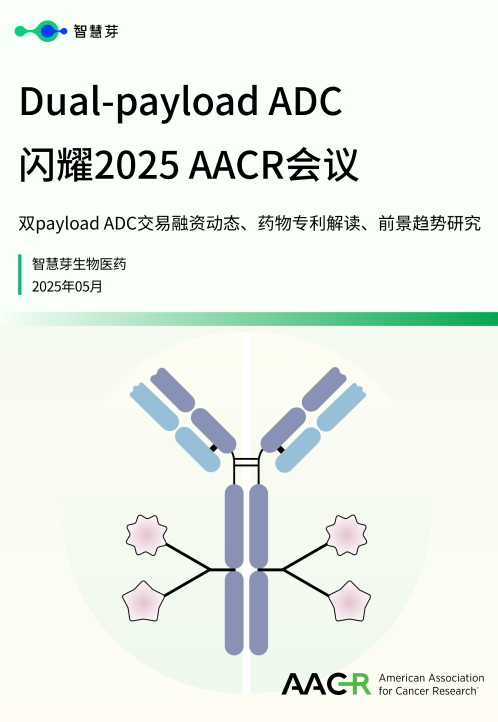预约演示
New study identifies gene associated with strong immune response to COVID-19 vaccinesCOVID-19 vaccines
2022-10-19
疫苗合作抗体
A gene associated with a higher immune response and protection after vaccination against COVID-19 has been identified by researchers at the University of Oxford.
The research provides some of the first evidence of a relationship between genetic factors and the way that people’s immune systems respond to COVID-19 vaccinesCOVID-19 vaccines.
In the study, which was published in
Nature Medicine
, the researchers found that those carrying a version of an HLA gene called HLA-DQB1*06 generated a higher antibody response than those who did not.
The HLA gene helps the immune system distinguish the body's own proteins from foreign ones, such as those made by viruses and bacteria.
The researchers also found that those carrying this gene, present in two out of every five people in the UK, were less likely to experience COVID-19 infection following vaccination compared to those who did not have it.
“From this study we have evidence that our genetic makeup is one of the reasons why we may differ from each other in our immune response following COVID-19 vaccination. We found that inheriting a specific variant of an HLA gene was associated with higher antibody responses, but this is only the start of the story,” said Julian Knight, professor of genomic medicine at the university’s Wellcome Centre for Human Genetics and chief investigator of the study.
He continued: “Further work is needed to better understand the clinical significance of this specific association, and more broadly what identifying this gene variant can tell us about how effective immune responses are generated and ways to continue to improve vaccines for everyone.”
The researchers initially analysed DNA samples from 1,190 participants who enrolled at the University of Oxford’s COVID-19 vaccine clinical trials, as well as from 1,677 adults who had enrolled on the com-COV research programme.
They also looked at DNA samples from children who had participated in clinical trials for the Oxford-AstraZeneca vaccine.
Dr Alexander Mentzer, National Institute for Health and Care Research academic clinical lecturer at the Wellcome Centre for Human Genetics and a lead researcher on the study, added: “We have seen a wide variation in how quickly people test positive for COVID-19 after vaccination. Our findings suggest that our genetic code may influence how likely this is to happen over time.
“We hope that our findings will help us improve vaccines for the future so they not only stop us developing severe disease, but also keep us symptom-free for as long as possible.”
更多内容,请访问原始网站
文中所述内容并不反映新药情报库及其所属公司任何意见及观点,如有版权侵扰或错误之处,请及时联系我们,我们会在24小时内配合处理。
机构
适应症
靶点
Eureka LS:
全新生物医药AI Agent 覆盖科研全链路,让突破性发现快人一步
立即开始免费试用!
智慧芽新药情报库是智慧芽专为生命科学人士构建的基于AI的创新药情报平台,助您全方位提升您的研发与决策效率。
立即开始数据试用!
智慧芽新药库数据也通过智慧芽数据服务平台,以API或者数据包形式对外开放,助您更加充分利用智慧芽新药情报信息。





